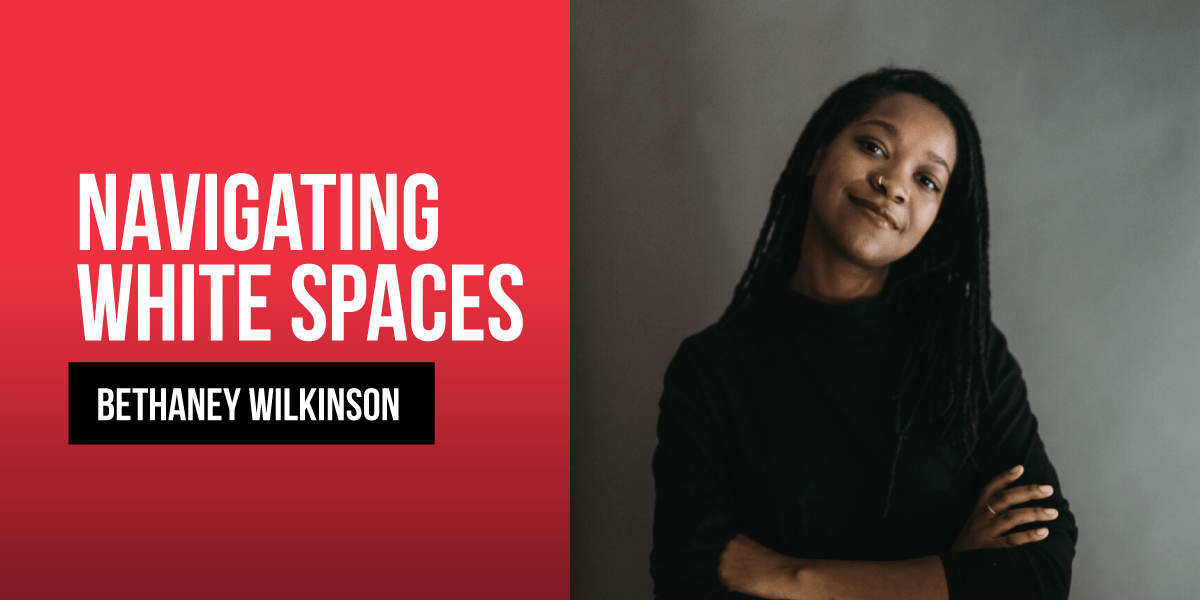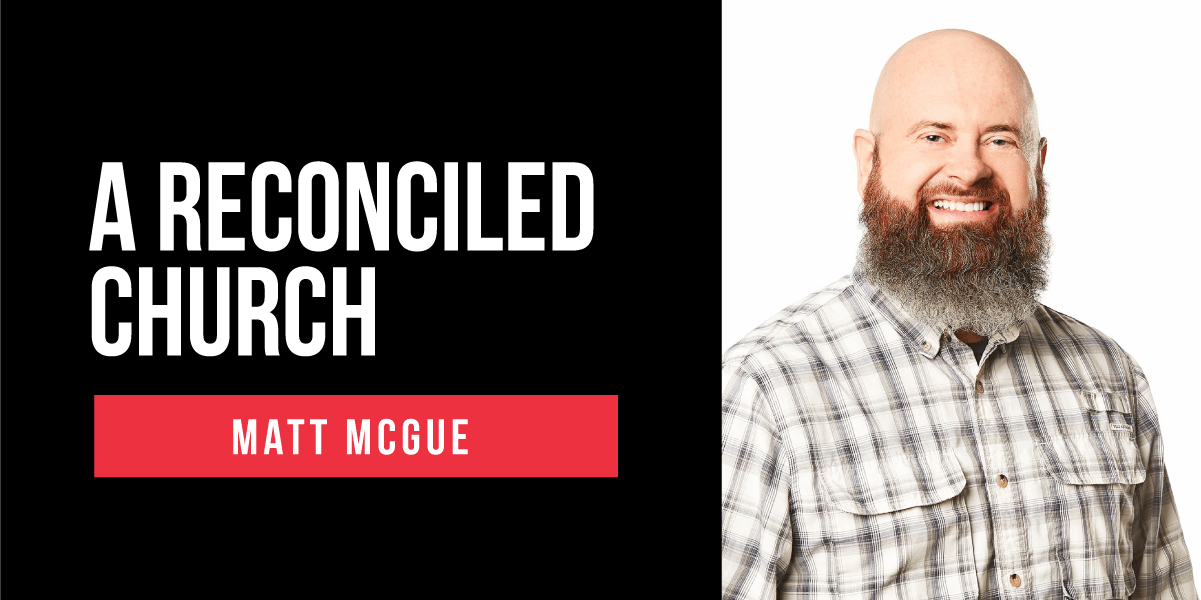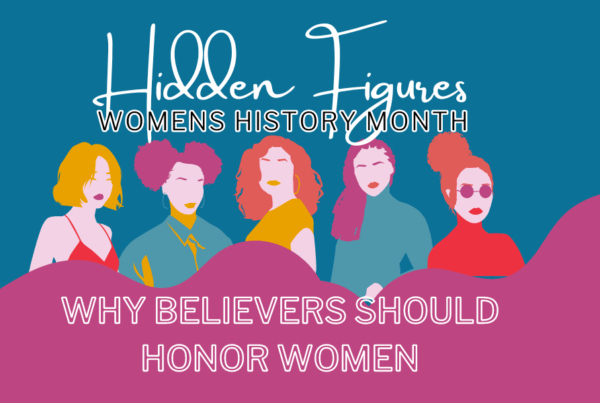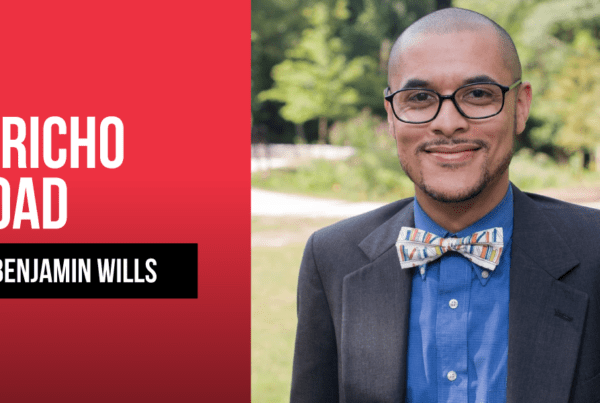Boundaries are holy.
They mark the place where I end, and you begin. Or vice versa.
“The boundary lines for me have fallen in pleasant places…”
Boundaries are holy.
And when it comes to being a Black woman navigating white spaces, finding the right boundaries has been a saving grace. It’s been an integral aspect of me faithfully following Jesus and honoring the gifts he’s entrusted to me.
When I first set out to be an agent of reconciliation within my church, I was full of optimism. Equipped with my own story, the story of Jesus, and with Spirit-led convictions about God’s heart for the oppressed, I dove headfirst into ministry. I led training events, mission trips, and seminars. I read every book I could find, attended seminary, sought out mentors, and more. I was all in. I gave myself to the ministry of reconciliation in every way I knew how.
Over time, however, as I watched church communities struggle (or outright refuse) to stand in solidarity with movements for Black liberation and justice, I started to question my actions. I wondered, Is it worth it to keep telling my story, and the story of my community, over and over again? Reliving trauma for the sake of others’ education began to take a toll on me. If I was going to sustain as a person, and as a minister of reconciliation, I would have to do things differently.
There were some activities I had to stop doing.
I stopped trying to convince White pastors and leaders of the problem of racism. I stopped sharing my race-story outside of the context of trusting, mutual relationships. I stopped participating in communities where leaders wanted the ego-stroke of a Black woman’s labor but did not want to actually change the racial power dynamics within their churches.
I had to find the boundary lines.
There were also some activities I had to start doing.
I started to seek out spaces where my racial trauma could be held and healed. I started learning from the theologies of Black women and Indigenous women. I started to research the experiences of other BIPOC in White-led institutions, looking for threads between our stories. I began reorienting my reconciliation work around God’s redemptive, healing work in my own heart, in my family, and in the Black community I call home.
I drew a boundary line.
Jesus once said, “Do not give dogs what is sacred; do not throw your pearls to pigs. If you do, they may trample them under their feet, and turn and tear you to pieces.”
If you are a person of color navigating a white space, prayerfully consider the boundary lines your Creator wants to give you. Boundaries are holy. They are the place where you can stand fully in the image of God, while fully honoring the image of God in others. Where you protect the gift of your story, and share it with those who will dignify your story with their belief. Where you participate with God in healing the racial trauma in your heart, and body, and mind. Where liberation is the focus of reconciliation work, instead of centering the dysfunction of people who value their privileged positions more than they value your healing and freedom.
My journey as a Black woman navigating white spaces has been a journey of learning that I am fiercely loved by God. And by God’s grace, I am learning how to find and create spaces that will honor the image of God in me, both in word and deed.
Questions for reflection:
- What boundaries do I need to set in order to honor the image of God in me?
- What do I need to stop doing? What do I need to start doing?
- How has your calling to the ministry of reconciliation changed in recent years?
____
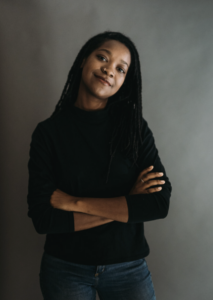 Bethaney Wilkinson
Bethaney Wilkinson
With degrees in Education, Community Building/Social Change, and Theology, Bethaney is passionate about amplifying solutions to challenges facing diverse communities. You can follow her journey on her podcast, The Reconciling Life.
Learn More about Bethaney at www.bethaneywilkinson.com.


